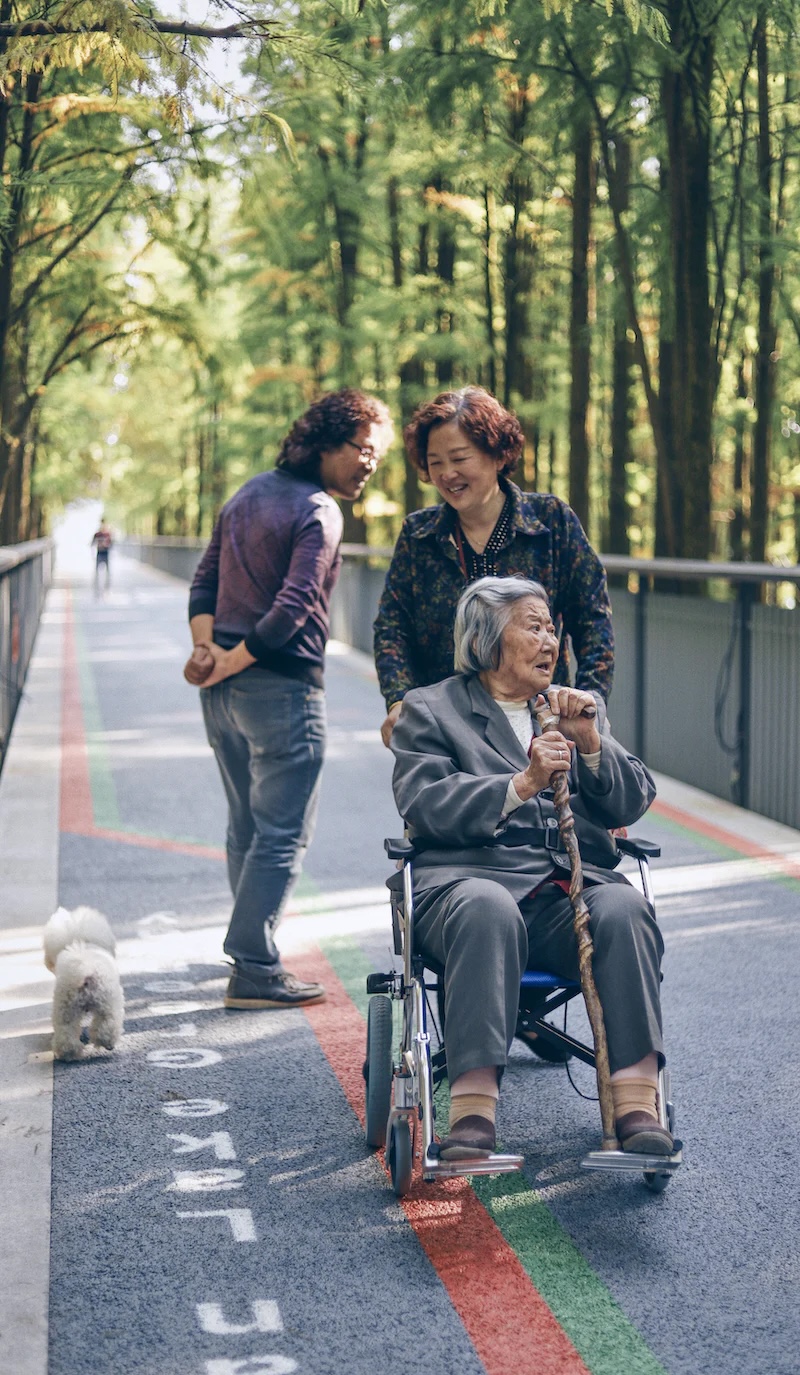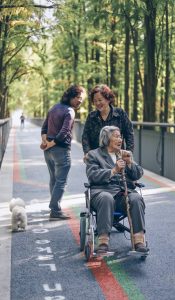
Burnout is high for caregivers.
Very high.
As people age, they often require assistance.
Those with family nearby rely on loved ones to provide support.
Roles and responsibilities of caregivers are numerous, too numerous to list here.
According to a recent Health Hive article titled “Preventing Caregiver Burnout,” older adults can need help with anything from daily tasks to medical or financial assistance.

Caregivers often need help from others as they support their aging loved ones.
Providing support to aging parents is a privilege but can also carry with it emotional and physical strain.
A recent survey of caregiver reported by the National Alliance for Caregiving (NAC) and AARP found 36 percent of those providing care to a family member experienced high levels of stress.
The tasks and responsibility of helping bathe and dress, cleaning, preparing meals, driving to appointments, distributing meds at appropriate times, and paying bills can be stressful enough for anybody.
It is a chore just taking responsibility for one's self, after all.
When you add to these tasks the constant concerns, worries, and sadness associated with the failing health of a dear loved one, it is not surprising that caregivers feel overwhelmed.
In fact, they are overwhelmed.
What are come common signs a caregiver is moving towards burnout?
Have you noticed poor sleep quality, social withdrawal, symptoms of depression, a short tempter, and becoming ill from negligible self-care.
If you see these signs of burnout in yourself or a your loved ones, take steps immediately to encourage a healthier lifestyle.
What are some simple steps to help reduce burnout?
Start by taking breaks.
If you are not the caregiver, offer to take over duties so the primary caregiver can rest.
Those who are caregivers also can benefit from asking for help from loved ones so they can have a respite.
Personal exercise and movement is important to helping caregivers stay healthy themselves and capable of providing the support their loved ones require.
Caregivers often feel anticipatory stress about what will happen when the status quo becomes a crisis.
Take time to create a plan with either a social worker or a family member to ensure the aging loved one is not abandoned should a caregiver have an emergency or be sick.
This allows caregivers to shift their full attention to taking care of the emergent caregiving situation or their own health.
Joining a support group can provide opportunities to share about experiences and receive advice and encouragement.
These are often available virtually or in-person.
Taking the above steps can help caregivers protect their own long-term health while supporting those they love.
Reference: Health Hive (Oct. 27, 2022) “Preventing Caregiver Burnout”
REMEMBER: “The choice of a lawyer is an important decision and should not be based solely upon advertisements.”
This statement is required by rule of the Supreme Court of Missouri.
